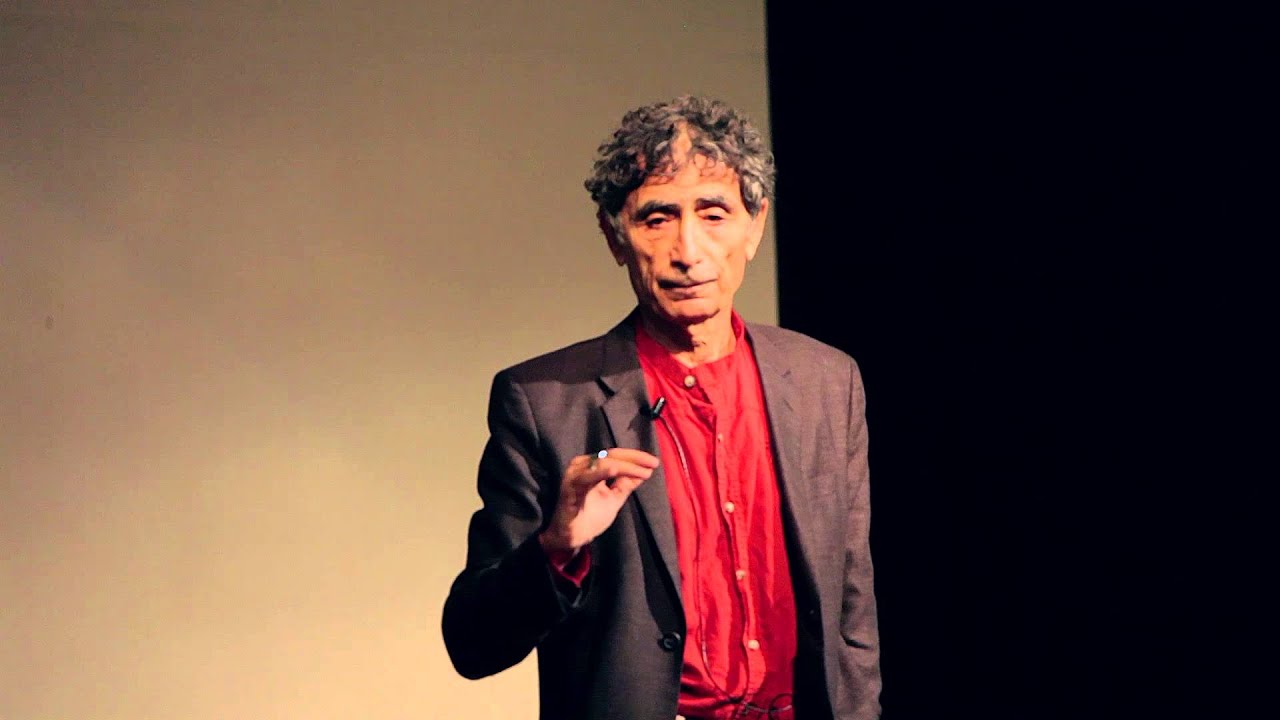“Yet it is just within this fathom-long body, with its perception & intellect, that I declare that there is the cosmos, the origination of the cosmos, the cessation of the cosmos, and the path of practice leading to the cessation of the cosmos.”—-AN 9.38; see also AN 4.45
Rebirth on any plane is a result of mind state, so the world is in reality created by the mind.
Equally important is what is said about perception.
"The distortions of the mind work on three levels of scale. First, distortions of perception (sañña-vipallasa) cause us to misperceive the information coming to us through the sense doors. We might mistake a rope by the path as a snake, for example. Normally such errors of vision are corrected by a more careful scrutiny, but sometimes these sensory mistakes are overlooked and remain.
Distortions of thought (citta-vipallasa) have to do with the next higher level of mental processing, when we find ourselves thinking about or pondering over things in our minds. The mind tends to elaborate upon perception with these thought patterns, and if our thoughts are based upon distortions of perception, then they too will be distorted.
Eventually such thought patterns can become habitual, and evolve into distortions of view (ditthi-vipallasa). We might become so convinced that there is a snake by the path that no amount of evidence to the contrary from our own eyes or reason, nor the advice of others, will shake our beliefs and assumptions. We are stuck in a mistaken view.
Furthermore, these three levels of distortion are cyclical — our perceptions are formed in the context of our views, which are strengthened by our thoughts, and all three work together to build the cognitive systems which make up our unique personality."—Olendzki, translator’s note, AN 4.49
